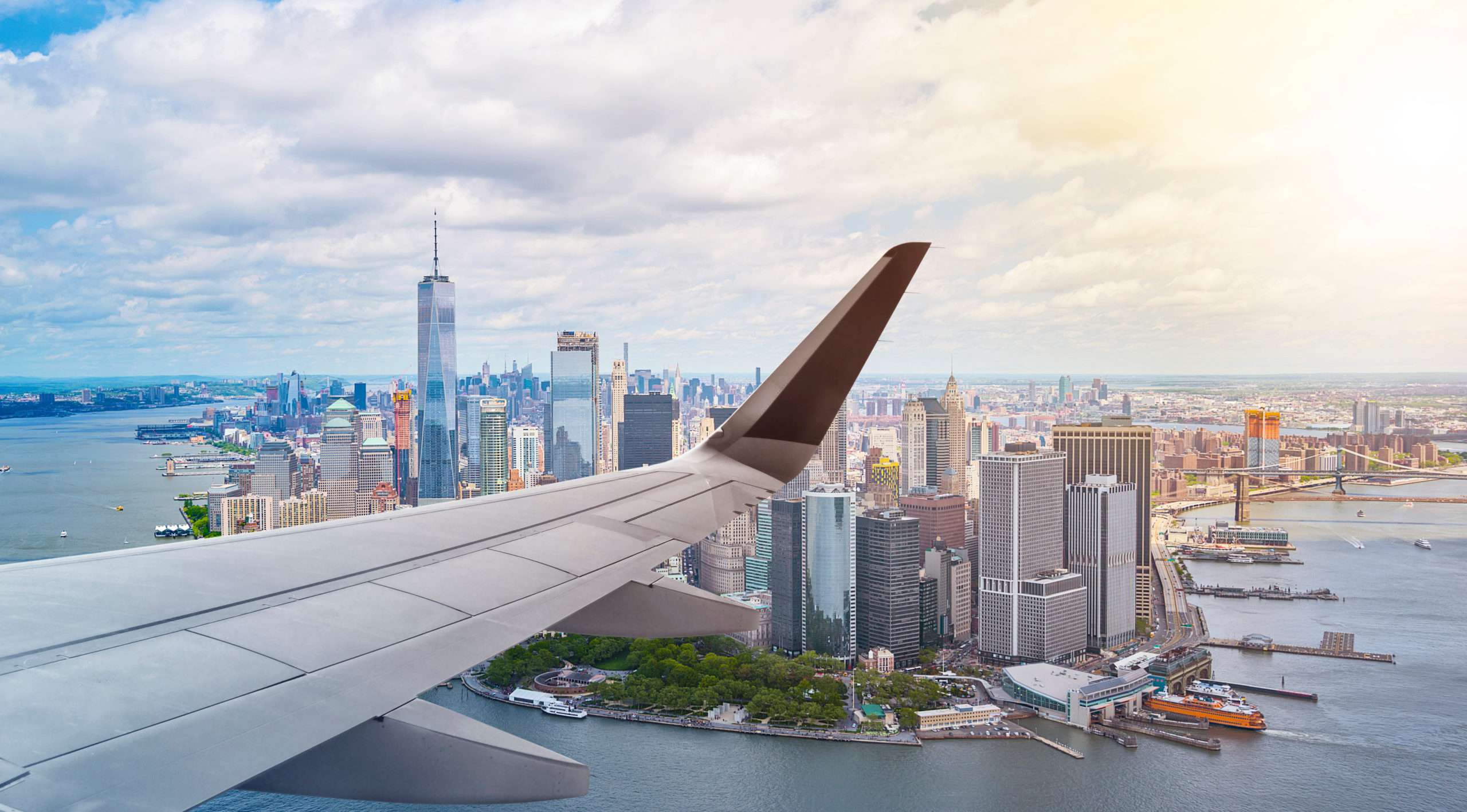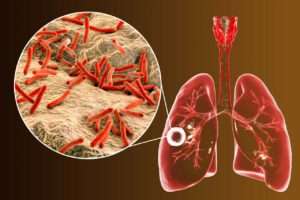As the world is starting to open up again, it is inevitable that at some point, travel restrictions will be lifted and people will be allowed to travel from one country to another. However, we need to understand that the world is no longer the way it used to be, thus, keeping in mind that going around requires certain health and safety precautions.
With this, we’ve gathered some important things to remember before, during, and after your international travel based on the Centers for Disease Control and Prevention (CDC). Take note of them and follow them strictly. It is important to understand that the travel restrictions by country may vary and the following CDC travel restrictions are mainly for travelers going out of, getting into, or traveling within the United States only.
GUIDELINES FOR FULLY VACCINATED TRAVELERS
Getting vaccinated does not mean that you are fully protected from the Coronavirus. It will help protect you and minimize infection but you will still have to follow travel guidelines and health protocols no matter where you travel within and outside of the United States.
Before your travel:
- You have to make sure that you checked the requirements for the airline and destination of your choice. Take note that some airlines require not only PCR test results but also other documentation such as your vaccination certificate/card.
- You also need to monitor the rules and regulations implemented as well as the current COVID-19 situation in your destination country.
- As soon as you’ve accomplished the planning and counter-checking stage, make sure to book your PCR Test for Travel appointment at Statcare Urgent & Walk-In Medical Care for a safe, smooth, and fast PCR testing process. The results of your PCR test can be accessed through our online portal after 72-hours (3 days).
While traveling:
- People traveling to the United States from another country, from state to state, or out of the US are mandated to wear a mask over their noses and mouths when on airplanes, trains, buses, and other modes of public transportation. Face masks are also required at U.S. transit hubs like airports and stations, even if they have ventilation or air conditioning units.
- In outside areas of a conveyance, travelers do not have to wear face masks. Open areas include an open deck of a ferry or an uncovered top deck of a bus since the air is able to flow freely.
- Always remember to observe social distancing and follow the demands that your destination country is endorsing.
When returning to the United States:
- All travelers must secure a negative COVID-19 PCR test result within 3 days before the travel date or present a document that shows full COVID-19 recovery in the 3 months before the scheduled flight or travel. This is mandatory for tourists and U.S. citizens, whether fully vaccinated or not, even if full compliance with international travel restrictions was done.
- The U.S. also implements viral testing after 3-5 days of your travel from abroad.
- In case COVID-19 symptoms have manifested, you need to isolate and get tested right away.
- Lastly, make sure to follow the safety protocols performed in all local and state public health sectors after your trip from outside the United States.
GUIDELINES FOR UNVACCINATED TRAVELERS
Ideally, unvaccinated people should avoid traveling to and out of the United States. The US Government restricts travel from certain countries. However, in the event that an individual must travel, this person should strictly follow regulations to protect themselves and others from contracting the virus.
Prior to your travel:
- Make sure to follow and prepare the requirements needed by the airline of your choice.
- You must also check the details of the health and safety protocols of your destination. Failure to follow these protocols can lead to denied entry and required to return to the U.S. In your target country, you should also keep an eye on the legislation and regulations in place, as well as the current COVID-19 status.
- Once you’ve completed the planning and counter-checking stages, make an appointment for a PCR Test for Travel at Statcare Urgent & Walk-In Medical Care for a safe, easy, and quick PCR testing experience. The results of your PCR test can be accessed through our online portal after 72-hours (3 days).
While traveling:
- As CDC recommends, all unvaccinated travelers should keep their masks on and observe social distancing at all times.
- People traveling into the United States, to a different state, or going out of the country, must wear a face mask over their noses and mouths when on flights and while riding buses, trains, and other types of public transportation. Face masks are also required in U.S. transit hubs like airports and stations.
- In outside areas of a conveyance, passengers do not have to wear face masks on the open deck areas of a ferry or when seated at the uncovered top deck of a bus.
Before heading back to the United States:
- Make sure to get a PCR test 3 days before your travel schedule and secure proof that the results are negative from the COVID-19 virus.
- In case you contracted the virus during your travel, you must first recover from it and have proper documentation that you have fully recovered from COVID-19 in the past 3 months right before boarding a flight to the United States.
Upon arrival from your trip overseas and back to the United States:
You are required to self-quarantine at home for 7 days and make sure to get tested after 3-5 days of your arrival to the U.S. In case you tested positive for the COVID-19 virus, you have to self-isolate to protect others from getting infected. It is also imperative to get in touch with your local health center for proper monitoring and contact tracing, whether you experience Coronavirus symptoms or not.
If ever you didn’t get tested for COVID-19, you will have to self-quarantine and stay home for 10 days after the trip to monitor any possible symptoms and to prevent the possibility of spreading the virus.
Because of increased risks, it is mandated by the government that anyone who travels abroad should not be around people with comorbidities and immunocompromised health conditions for 14 days regardless if you get tested or not. Lastly, make sure to follow the safety protocols performed in all local and state public health sectors after your international travel.
Stay informed about COVID-19 airline travel restrictions
Always check the CDC guidelines before travel as recommendations may have changed. Get the latest coronavirus travel restrictions, announcements, and updates by visiting the websites of your state and local health departments. If you need to gain access to COVID-19 vaccines or get tested for the Coronavirus, you can walk in or book an appointment at any of Statcare’s multiple locations in New York. Remember, traveling responsibly is essential for you to enjoy your trip without compromising your health, compromising the health of others, and helping prevent the possible spread of the COVID-19 virus.










